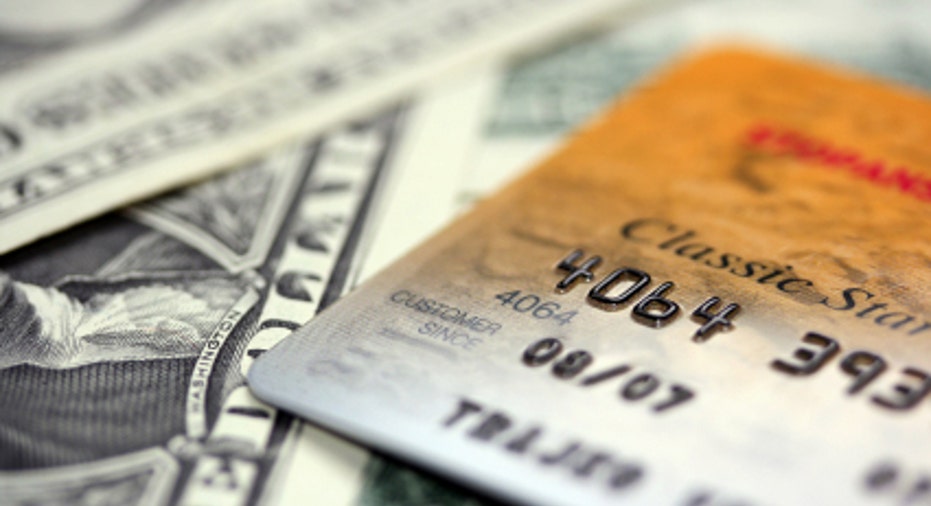Credit Management 101 for New College Students

Dear Opening Credits,
I'm currently a high school student going to college in a year. I'd like to start building credit, but I've heard the horror stories of creating debt with credit cards. I've been using a debit card for about a year now. Is it possible to just use the credit card like I use my debit card and then just pay what normally would have come out of my bank account (aka what I spent that month) at the end of the month? Would there be no additional fees or interest (unless I don't pay it all off at the end of the month), or do they just charge you for having the card anyway? Basically, I want to build my credit, but I'm happy with a debit card and do not want to get charged more than I actually spend.
- Marissa
Dear Marissa,
What wonderful questions! You're on the right track, and the answers will help you stay there.
As you seem to be aware, the major difference between a debit and a credit card is where the money comes from when you use it. If you were to buy something with a debit card, the funds would be pulled directly from the cash in your checking account. No fuss, no finance charges. Buy it with a credit card, however, and the bank is lending you the money, which means that you have an outstanding loan from them.
Whether you pay interest on the loan depends on when and how you make a payment to the credit card company. All credit card accounts are required to offer an interest-free grace period of at least 21 days, and in practice most set their grace periods at or just above that federally mandated minimum. Send the entire balance within that time frame -- essentially, at any point before the due date -- and you will not incur financing fees for the amount you spent. If you make only a partial payment, as you are allowed to do with a credit card account, interest will be added to the remaining balance and you'll end up paying more for the products or services than the original price tag.
I assume you learned about compound interest in math class? Well, it comes into play on credit card debt. In the event you continue to hang on to a balance, the creditor will assess interest on the sum that has already been increased with the prior month's interest. That's a compounded ouch.
If you never want to pay a dime more than you must, covering the bill in full is the way to go. Still, there may be a time when you'd like to finance something and if you do it right, paying a little extra might not be so bad. That may sound strange, but a credit card allows you to acquire something now, when you might not have all the cash to buy it outright.
Here's an example of how the process can work to your advantage: You've made it to college and live in a dorm room. Your irresponsible sorority sister spilled a drink on your laptop, ruining it. The replacement you want is $1,200, but you don't have that much in the bank to spare. Therefore you charge it and spilt the cost into three installments of $412. By doing so, you'd pay an additional $35 for the laptop (assuming the interest rate is around 17%). Sure, that's cash that you'd probably rather spend on something else, but you enjoy the convenience of being able to research and write papers without having to shell out the entire purchase price or turn to Mom and Dad for assistance.
Does that sound like a happy story or a horror story? It can be both. Credit cards are great for free short-term loans and inexpensive medium-term loans, but are awful if you keep a running balance. With a large credit line, it's ridiculously easy to overcharge and spend more than you can afford to repay in a few months. If you do, you'll wish you did without that new computer or spring break tickets to Cancun. So don't.
When you get a credit account, charge a little, then pay on time and in full -- or in rare cases over the course of a few months. Follow this plan and you'll create a fabulous credit history and stay out of debt.



















